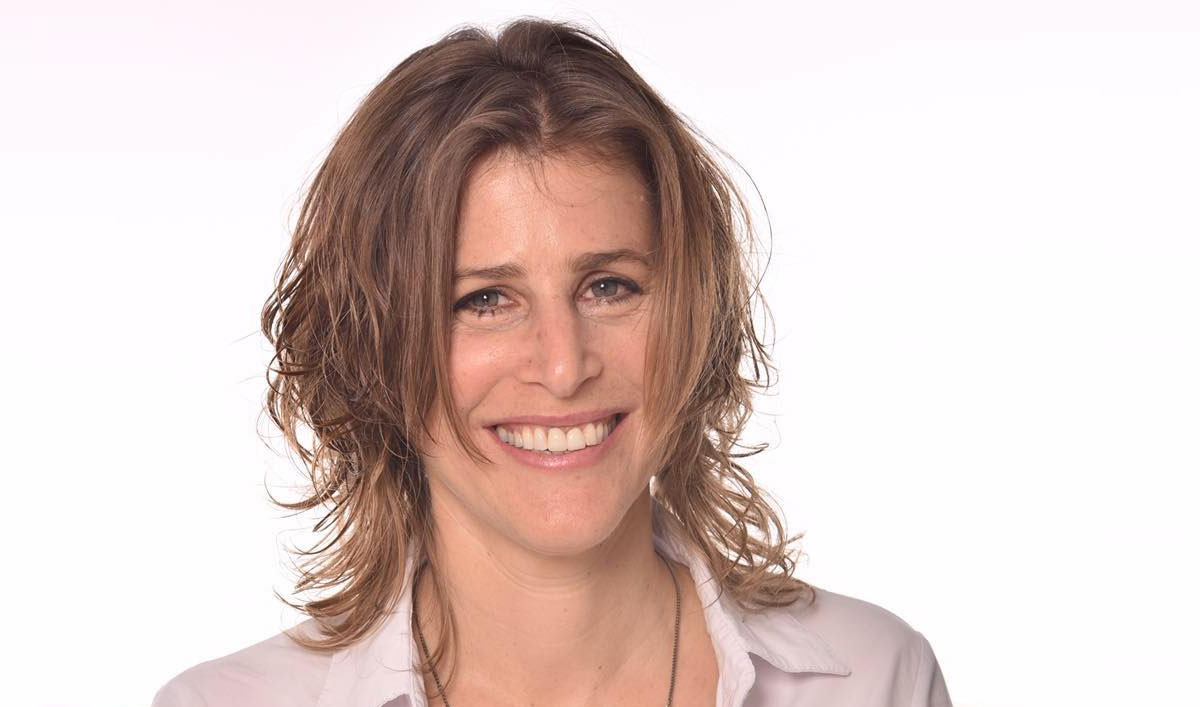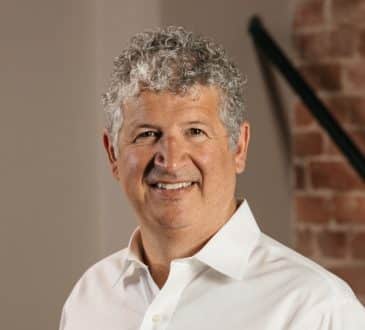PARADOXICAL MANAGEMENT: LEARNING TO LET GO and give up control

About a decade ago, I decided to join a friend’s retreat. It was a planned weekend for people to take time out. At that time in my life, I needed to get to know new people and expand my circle of friends, so I decided to go.
I left without an agenda, aiming to just have fun.
The interesting thing was that the retreat had a significant impact on my life. I learned how to meditate more fully and contemplate things outside of my day-to-day life experience. I spent time by myself at many points over the weekend. I deliberated on the meaning of what I was doing as a business leader. I created the space for new ways of building relationships, and I found that I was drawn to different people than in the past.
Maybe because I went there with no specific goals, a space was formed for connections that I did not expect. I ended up with not only a new set of life tools but also a handful of business cards and a set of new contacts for when I reentered the “real” world.
This is the opposite of what most people do when they want to forge new business links.
For example, think about the average CEO aiming to expand the business and open branches overseas. She has a strategy of exactly how to do it and whom to make contact with. She is determined to land a list of customers or strategic partners through uninterrupted courtship and perseverance. She’ll go to a conference with that list in hand, tracking down each lead one by one.
But being so goal-oriented blinds her to the many other opportunities and possibilities all around her. The conference is filled with people she may not know, but who represent better business opportunities with a more organic fit with her own company. And yet her tight schedule means she’s unaware of what she is missing.
The new skill of mindful leadership includes the ability to assess these situations in parallel. Using courage to stop responding to opportunities in an automatic way, to start listening to our inner feelings and confusion, is not an obvious choice. This is because doing so requires us to give up control, to be uncertain, and even to be able to let go. Let me tell you what this feels like.
In the past I partnered with someone I thought will be my business partner. We had a big vision of working together. However, as the days passed by, it became clear that we were not a good fit. We thought too differently and saw the business world from different points of view. Although diversity of thought could be a good thing, there was too much of a gap between us.
In my mind, I fully understood that we were not a good fit. However, emotionally it was very difficult to let go of the vision I had in mind; it was clear that I wanted to hold on to the story I was telling myself at the beginning of our relationship.
Although it’s worthwhile to get past that barrier, it’s the most challenging thing to accomplish in real life, at least for me. We have to develop the ability to know where we are heading, without knowing exactly how we will get there. It requires us to be open-minded and willing to experience uncertainty throughout the process, all the way until the moment things start to clarify.
Letting go and accepting what is, instead of what you wish, is an emotionally challenging process.
This is the ability to accept that things don’t always go the way we want them to go. And it is an ongoing process. In my courses I ask my students to relive this kind of experience— namely, the clinging part of us—and also the need to let go. At first I ask participants to think about a situation in which they have succeeded and were pleased with themselves and invite them to let go of the thought and instead feel it in their body, in their sensations, and in their emotions. I then ask them to bring to mind an experience in which they haven’t succeeded, in which in their perception they have failed. Then I invite them to let go of the thought and process it in their body, in their sensations, and in their emotions again.
When I do this exercise myself, I actually feel it in my body; usually these memories arise wit feelings of frustration, anger, disappointment, and more. I am happy when these feelings all go away, or when the time for the exercise is over. However, when practicing the positive experience, my body is alive with great energy that I don’t want to end. In either case, the act of acknowledging this feeling of not wanting to let go, of clinging and the desire for this feeling to stay, is part of understanding everything we experience through embodiment. Our inclination is to hold on to things that feel good or sometimes things that feel bad, depending on what matters to us at the time.
Life is continually changing, though. It’s the understanding that all things are impermanent—our negative experiences as well as the positive ones—that matters. It’s like the saying that you can’t get in the same river twice because the river is continuously changing. As we let go, we can experience life fully.
Written by Dr. Keren Tsuk, Ph.D. Excerpted from Mindfully Wise Leadership: The Secret of Today’s Leaders.
Have you read?
Elon Musk, Twitter and The New Deal in Corporate Takeovers by Ralph Ward.
How to Set Your Wealth Goals by Ty J. Young.
Why the secret to winning strategy is simple by Rosie Yeo.
Weighing up your options – the art of decision making by Kerry Swan.
Add CEOWORLD magazine to your Google News feed.
Follow CEOWORLD magazine headlines on: Google News, LinkedIn, Twitter, and Facebook.
This report/news/ranking/statistics has been prepared only for general guidance on matters of interest and does not constitute professional advice. You should not act upon the information contained in this publication without obtaining specific professional advice. No representation or warranty (express or implied) is given as to the accuracy or completeness of the information contained in this publication, and, to the extent permitted by law, CEOWORLD magazine does not accept or assume any liability, responsibility or duty of care for any consequences of you or anyone else acting, or refraining to act, in reliance on the information contained in this publication or for any decision based on it.
Copyright 2024 The CEOWORLD magazine. All rights reserved. This material (and any extract from it) must not be copied, redistributed or placed on any website, without CEOWORLD magazine' prior written consent. For media queries, please contact: info@ceoworld.biz
SUBSCRIBE NEWSLETTER








